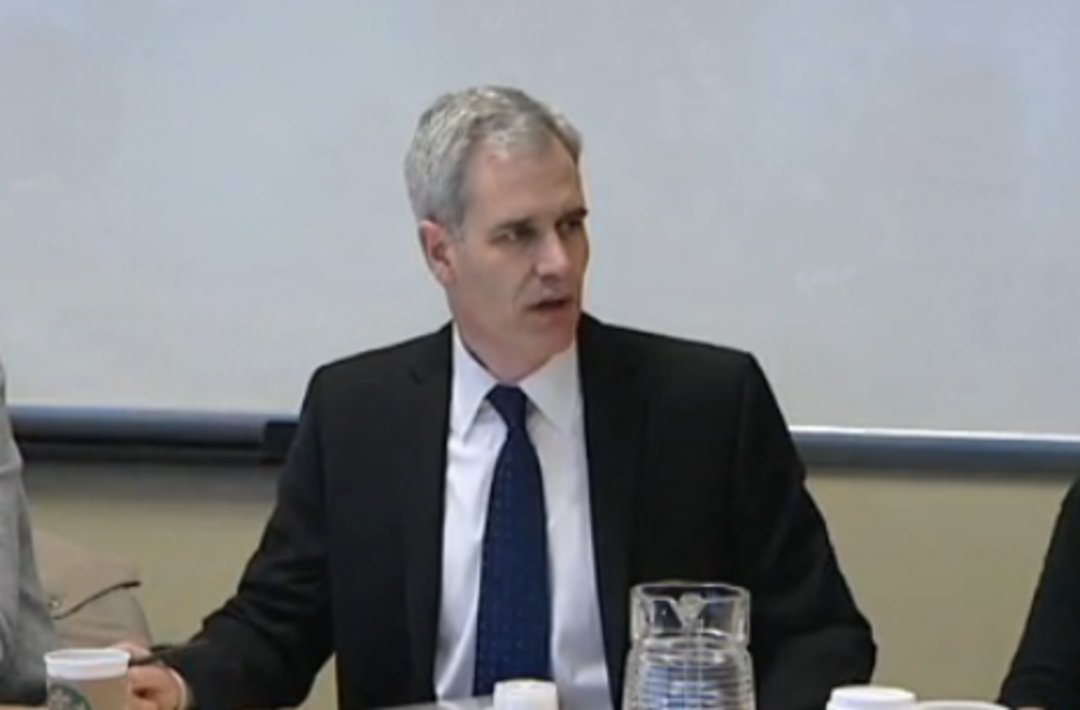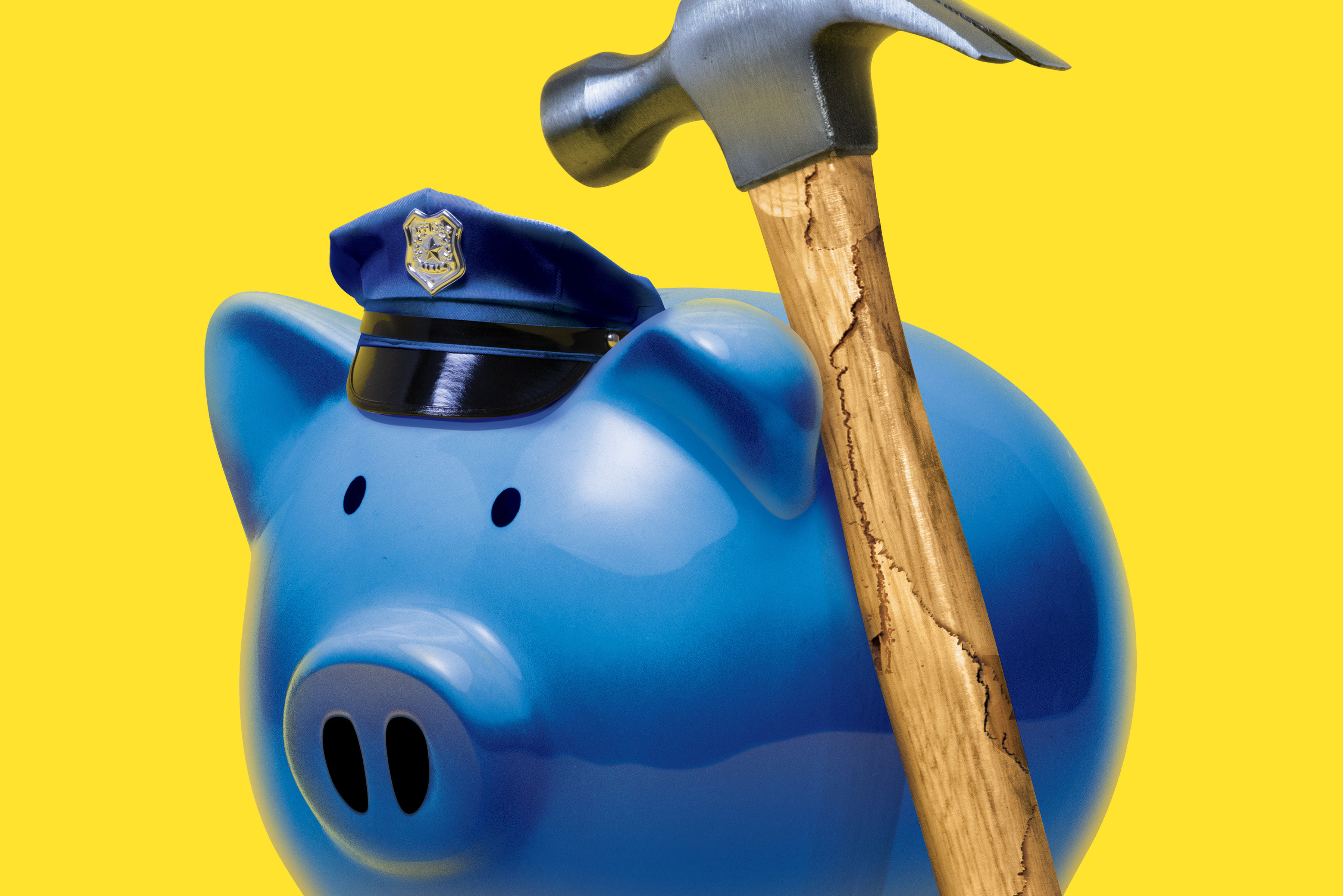Public Campaign Finance Plan Is Moving Forward

Seattle Ethics and Elections chair Bill Sherman.
Next Friday, the Seattle Ethics and Elections Commission will vote to make a recommendation to the city council on a potential public campaign financing proposal for the November ballot.
Council members like Mike O'Brien support public campaign financing because, they argue, it would reduce barriers to entry for candidates, increase the number of small-dollar contributors, and increase election competitiveness.
Although commissioners were skeptical that public financing will increase competitiveness, they agree that it can reduce barriers to entry and draw new people into the political process.
Last week, the commission looked at a potential proposal that would:
• Require candidates seeking public funds to raise at least $15,000 in contributions of $10 or more, with contributions up to $25 counting toward the total, which would require between 600 and 1,500 contributors;
• Provide a 4-to-1 match of contributions up to $50, meaning that the city would give candidates $200 for every $50 they raised, up to a total of $60,000 in the primary election and up to $65,000 in the general; and
• Fund only races for City Council, on the grounds that the mayor's race has traditionally been quite competitive (with 11 candidates in 2009), and that "Funding mayoral campaigns would add significantly to the cost of the program," while "races for City Attorney have traditionally not been as expensive to wage as races for Mayor or City Council."
At last week's meeting, after hearing from representatives of Fair Elections Seattle who argued that even if public financing doesn't change the ultimate outcome of elections, it will ensure that minor candidates are able to inject their issues into the public dialogue (Fair Elections chair Rory O'Sullivan: "It won't defeat incumbents, but it will decrease the margin of victory and liven the debate so that new issues can come up), the commission considered a couple of changes that would actually reduce the barriers further than the initial public-financing proposal (and at least one that would raise them).
Noting that "raising money is just a pain, whether you're doing it in $25 increments or $700 increments," commissioner Brad Axel said requiring candidates to meet a $15,000 threshold "forces the candidate to go out and meet people that he or she otherwise wouldn't." However, Axel said, the 4-to-1 match might be too low. "I personally wouldn't be against a 6-to-1 match, where the public funds would be [more like] 60 to 75 percent," or $300 for every $50 raised.
However, he noted, "Cost is a limiting factor"—and a higher overall fundraising limit could encourage independent expenditures against candidates, a problem that could conceivably be solved by lifting the fundraising cap if a candidate was the target of a large independent expenditure.
Commission chair Bill Sherman, who has run for office twice (once for state legislature, and once for King County Prosecutor), pointed out that requiring candidates to raise contributions between 600 to 1,500 people set a high bar for new candidates. "I'm not sure I hit that in either of the campaigns that I ran," Sherman said. In 2009, he added, just over half the candidates running had more than 600 individual contributions. The commissioners could, therefore, consider whether to lower the total number of contributions the city would require before public funding kicked in.
Finally, commissioner Lorena González said that if commissioners decided to recommend only counting Seattle residents' contributions toward the minimum (a provision the commissioners seemed to agree on), that group should include residents, not just registered voters, "if there is to be any hope of diversifying the voter pool."
Sherman concluded that although he is "genuinely skeptical of the ability of any program ... to get money out of politics, because of the historical ability of money to get around the hole in the dike and to flow wherever it's less impeded, I am optimistic about the possibilities of a program like this one ... to engage the public. A campaign is a dialogue between a candidate and the electorate, and I think this has the potential to improve that dialogue."
Once the commission makes its recommendation, the council will decide whether to adopt it, ignore it, or put it on the ballot in either the August primary (when fewer people vote but voters tend to be more informed) or the November general (when voters tend to skew more liberal but when district elections will also likely be on the ballot).




